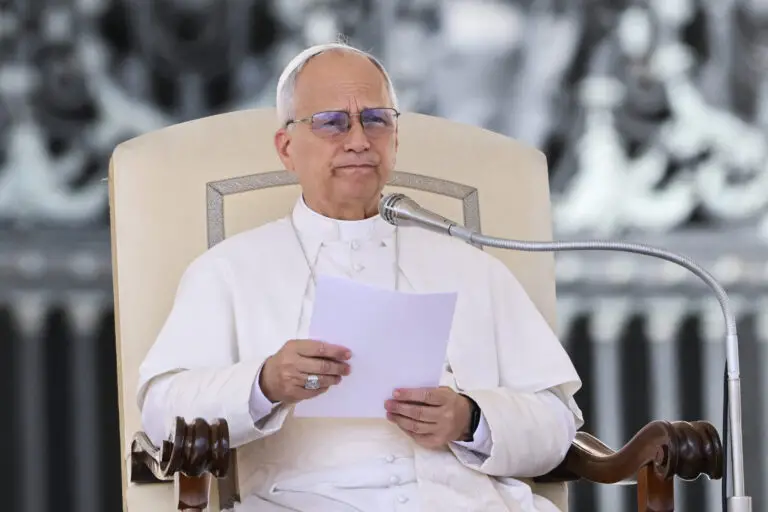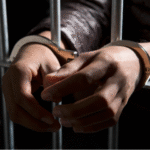VATICAN CITY — Amid glimmers of hope emerging from the long-battered Gaza Strip, Pope Leo XIV delivered a sobering appeal for moral clarity and courageous diplomacy, marking a pivotal moment in what many now see as a fragile but possible turning point in the Israel-Hamas conflict.
Addressing tens of thousands gathered in Saint Peter’s Square following a solemn Sunday mass, the pontiff acknowledged encouraging developments in recent negotiations but stressed the urgency of transforming dialogue into action. “Progress, though welcome, must not stall at diplomacy,” the Pope declared. “It must carry forward the burden of lives lost and the duty to restore what hatred has shattered.”
Without directly naming state actors, the American-born spiritual leader called for the “unconditional liberation of all captives” and “a ceasefire that holds—not as a political posture, but as a moral obligation.” His tone was firm, not theatrical—reflecting both pastoral empathy and geopolitical awareness.
Condemning Hatred in All Forms
The Pope also used the moment to speak out forcefully against what he described as “an alarming revival of antisemitic sentiment,” referencing recent attacks in Europe, including one targeting a place of worship. While avoiding specific political entanglements, his words carried a clear subtext: hatred breeds wherever violence goes unchecked.
“There is no lasting peace without the dismantling of hatred’s infrastructure,” he warned. “And hatred, when unchecked, masquerades as resistance or righteousness—on all sides.”
Compassion for the People of Gaza
In a rare moment of visible emotion, the pontiff spoke directly to the suffering of ordinary Palestinians, many of whom remain trapped amid the rubble of broken homes and broken politics. “The anguish of Gaza cannot be reduced to statistics. Behind every collapsed building is a collapsed family. Behind every silence, a buried cry,” he said, calling on the international community to recognize its shared responsibility.
A Call to Conscience
Pope Leo XIV’s message—part prayer, part provocation—was more than a plea for calm. It was a demand for moral courage in a world increasingly anesthetized to atrocity. In his view, ceasefires and statements are merely scaffolding. What’s needed is the will to build something just atop it.
As peace talks advance under intense international scrutiny, the Pope’s address reframed the narrative—not around borders or blame, but around the simple, profound challenge of human dignity. In a world quick to weaponize truth and slow to reconcile pain, his message pierced through: “Peace is not the absence of war. It is the presence of justice.”






